“Ede Rhyme” (also known as Verse) has just been announced by the Ministry of Culture, Sports and Tourism to be included in the list of national intangible cultural heritage. It is a treasure among the traditional cultural values left by the ancestors of the Ede community.
Ede ethnic verses are sentences of different lengths expressed in rhyming style, present in most forms of Ede language folk culture, existing in the development process of the Ede ethnic group, passed down from generation to generation. The elderly, village elders, and artisans use verses in rituals and daily activities, and the young generation receives and passes them on to this day. The artisans in the villages are also the core force in creating and passing down rhymed words in the life of the Ede community. They are not only the fire to pass down klei due from generation to generation, but also create increasingly rich rhymed words, developing like the thriving life of the Ede ethnic group in the land of Cu M'gar.
Rhyming words (Klei Due in Ede) of the Ede people in the Central Highlands are the crystallization of folk wisdom and have been passed down from generation to generation. Rhyming words are found in epic stories (khan) told by artisans around the fire, in rituals of worshipping the cycle of life, worshipping the water wharf or the new rice ceremony.
Artist Y Wang Hwing from Triă village, Cu'Mar district (left). He is knowledgeable and performs "Rhymed words". Photo from the Internet.
The rhyming words are lyrical songs advising children to love their homeland, village, to unite and help each other in life or are metaphors in sweet love songs of couples.
“Klei” in Ede means speech and “Duê” means connection. Klei duê is speech that is connected by rhyming syllables or words with similar syllables. Rhyming speech appears quite commonly in the life and cultural activities of the Ede people. It is expressed in all genres of folk literature, such as: fairy tales, prayers to gods, customary laws, riddles, “khan” stories, “kut” and “eirei” songs.
Rhyming words do not require a performance space, they can be used during breaks after farming, when fetching water, when brothers and friends meet and chat over a jar of rice wine, or when the elderly teach their children and grandchildren. When performing, they can be accompanied by musical instruments to make it more lively. Depending on the mood, story, and situation, the performer can transform and create rhymes and melodies with rhythmic, humming sounds that are easy for listeners to understand and remember. Therefore, even if they do not know how to write or read, people can still practice klei due.
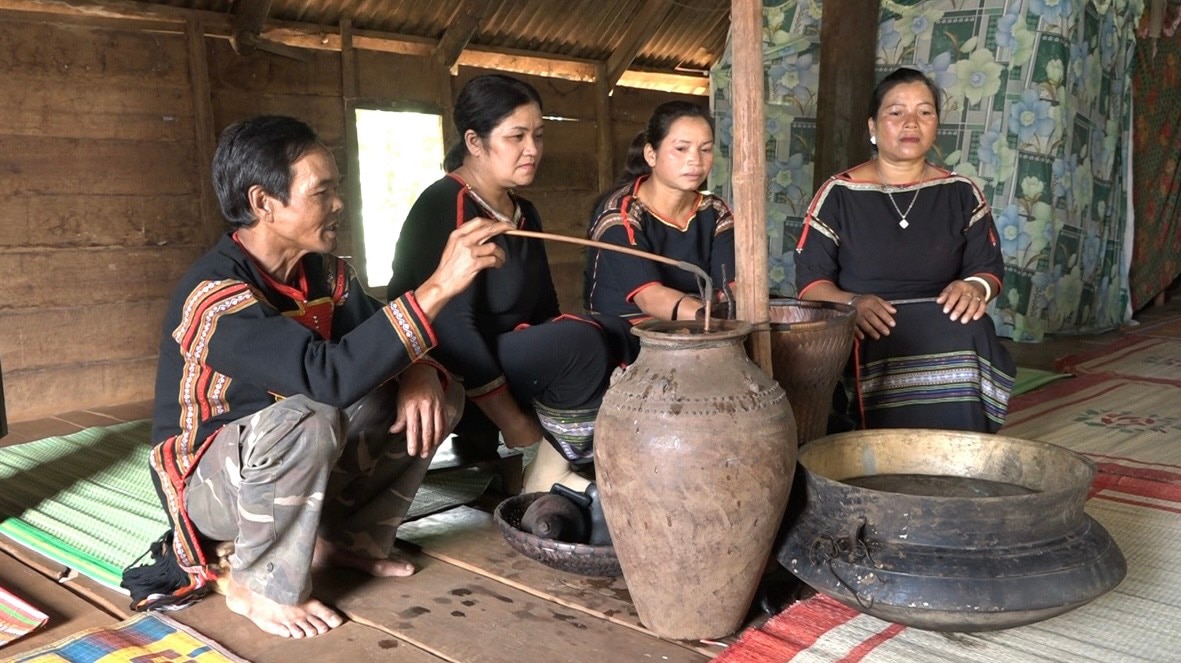
The person who performs the rhyme is knowledgeable about culture and customs, articulate and good at using words, concisely and succinctly conveying experiences that have been accumulated over many generations. It can be experience about nature, such as watching the weather to know the planting and harvesting seasons, predicting good and bad days. It can also be experience in social communication, behavior in life, customs and habits.
With the culture of rhyme, in the past, in their daily life, rhyme was everywhere, in folk songs, prayers, epics, customary laws... Especially on harvest days, standing from afar, one could hear the sound of gongs, and coming closer, one could hear the sound of rhyme singing. Rhyme words have the task of "showing the feelings" of the community through lyrics. It not only recreates the life of the Ede ethnic group in a realistic and simple way, but also shows folk knowledge about love between people, between people and nature; contains humanistic values about love between couples, love of labor, love of homeland, village, especially the teaching of children and grandchildren, educating the community to always unite to protect the village to be peaceful, happy and developed.
In Dak Lak province today, there are still many artisans who understand and actively preserve the rhyming words of the Ede people. In particular, in Ea Tul commune, Cu Mgar district, which is considered the "cradle" of traditional Ede culture, there are currently more than 300 artisans who know how to perform rhyming words and sing folk songs.
Mr. A Mang, Deputy Head of the Department of Culture and Information of Cu Mgar district, Dak Lak province, said: Rhyming words (klei due) have been recognized by the Ministry of Culture, Sports and Tourism as a national intangible cultural heritage. Therefore, we actively promote the preservation of traditional culture, passing on to our descendants the heritage of rhyming words to preserve the cultural beauty of the nation./.
Yanjiang


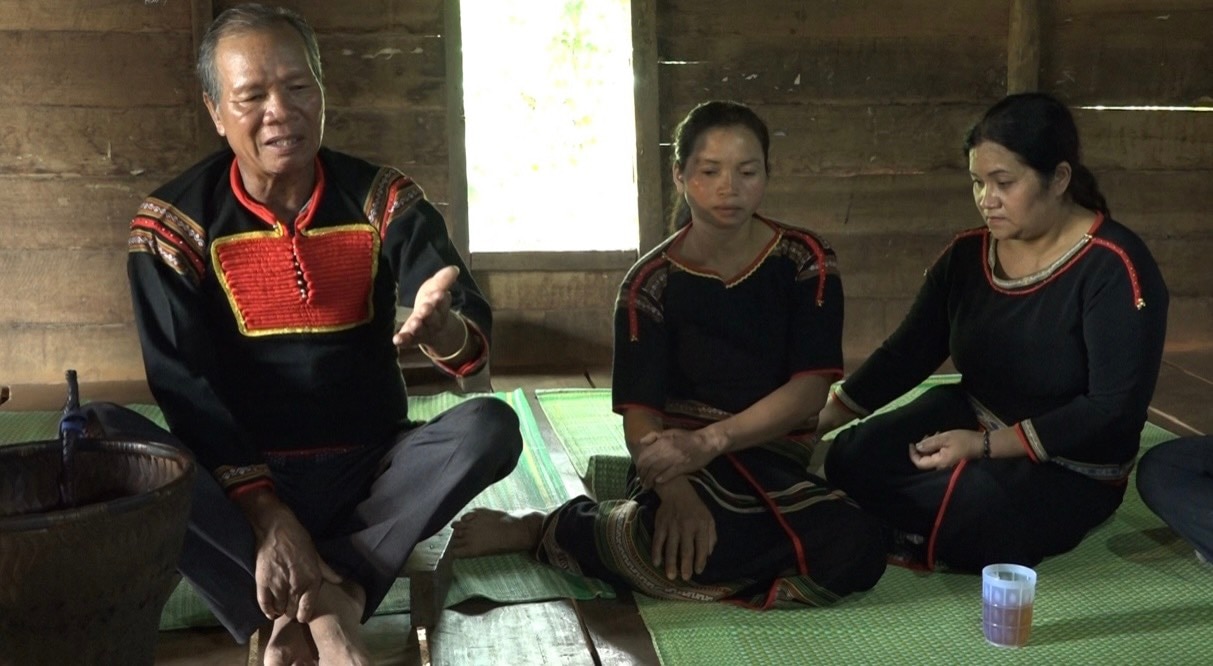





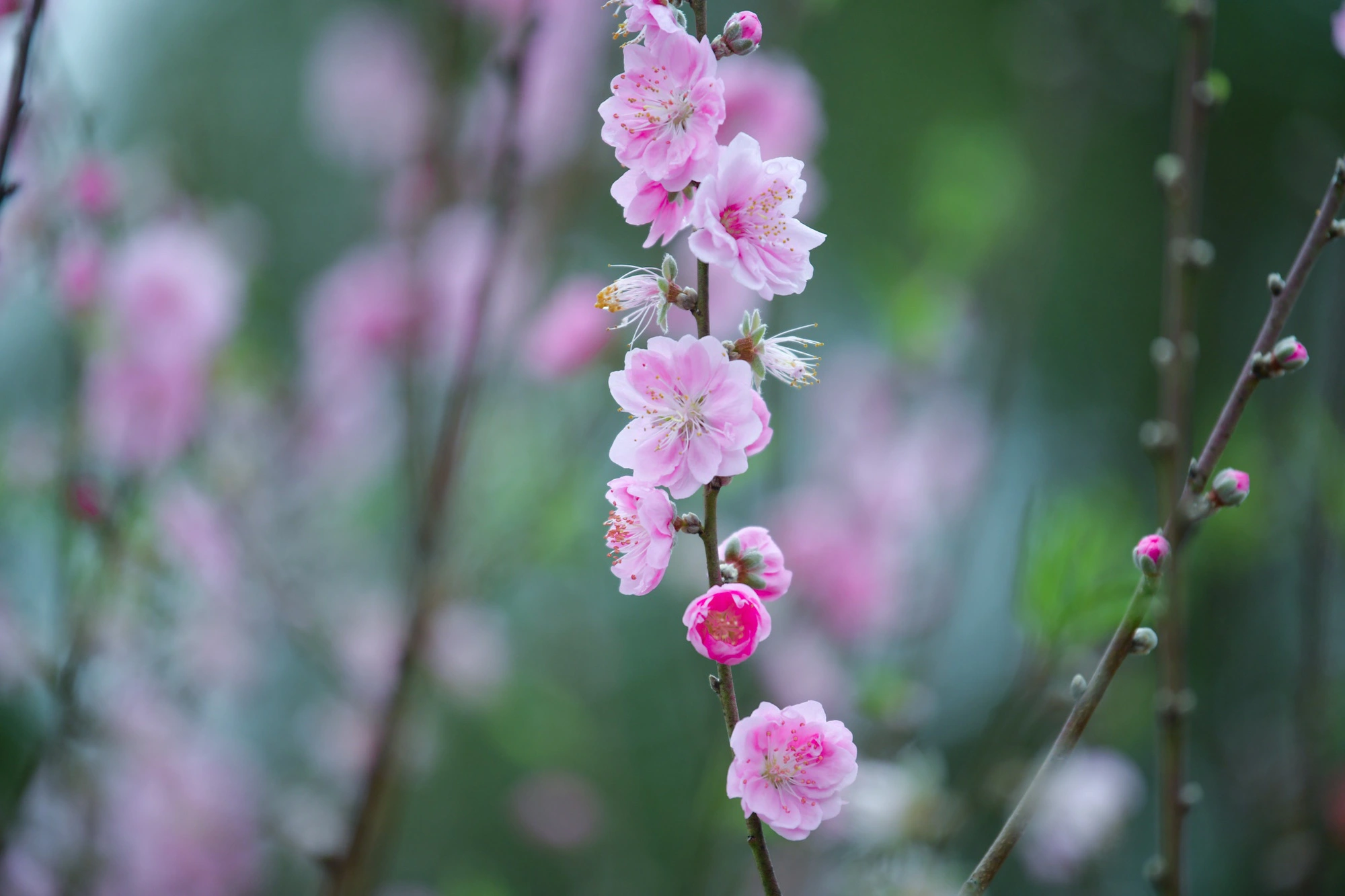









































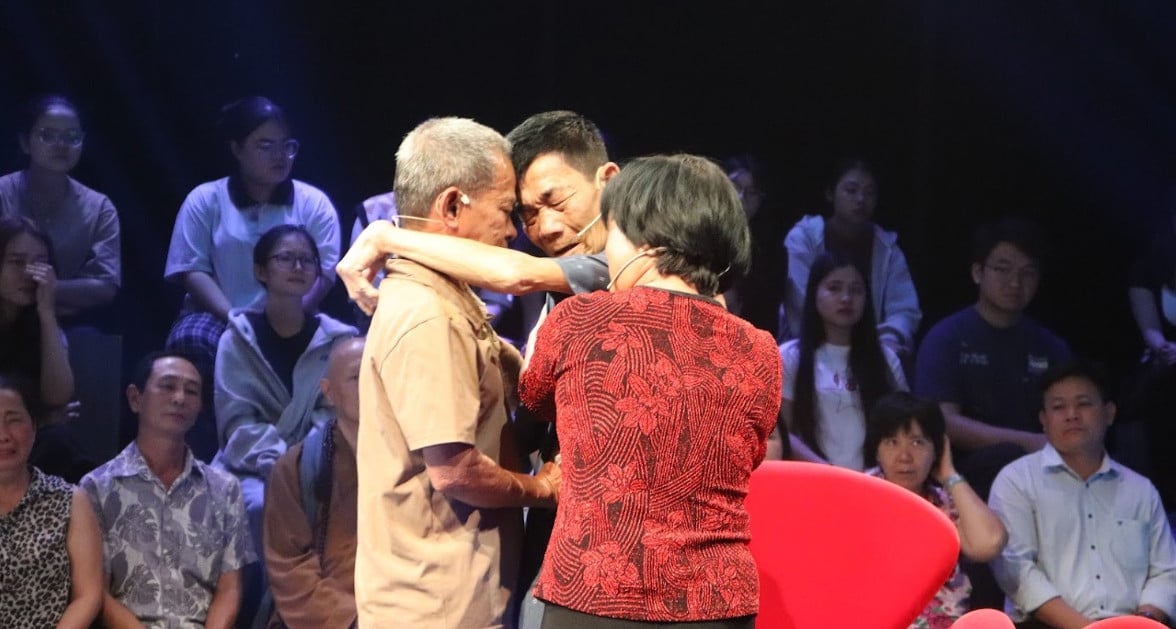
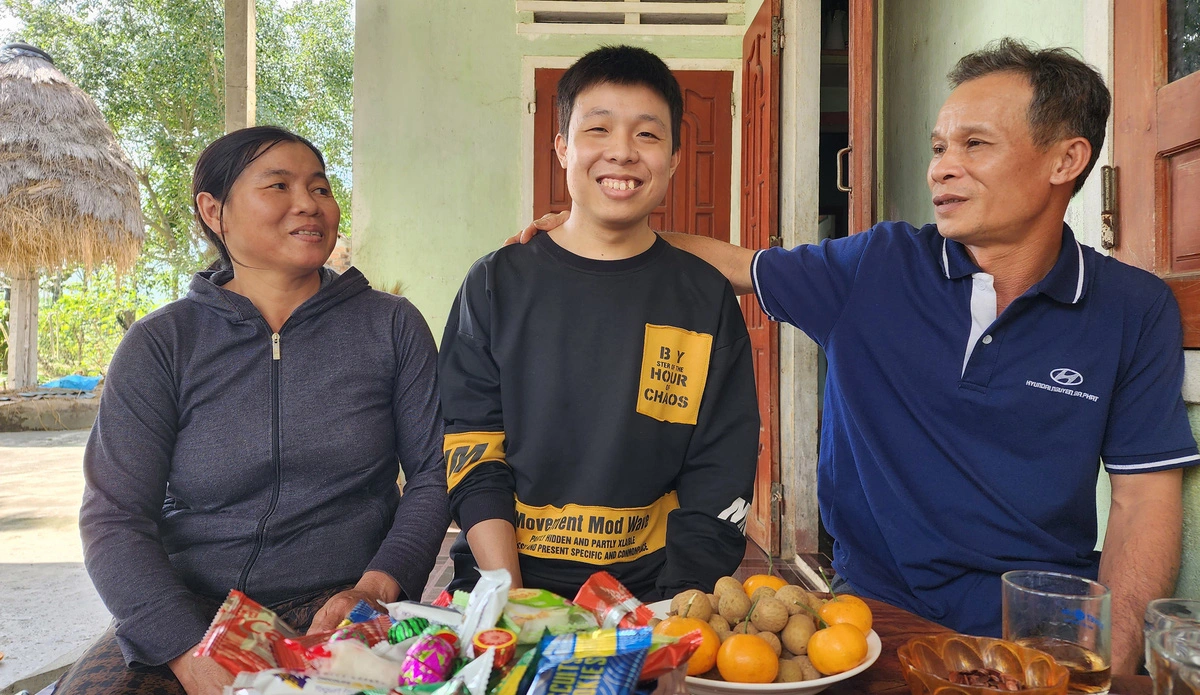







Comment (0)